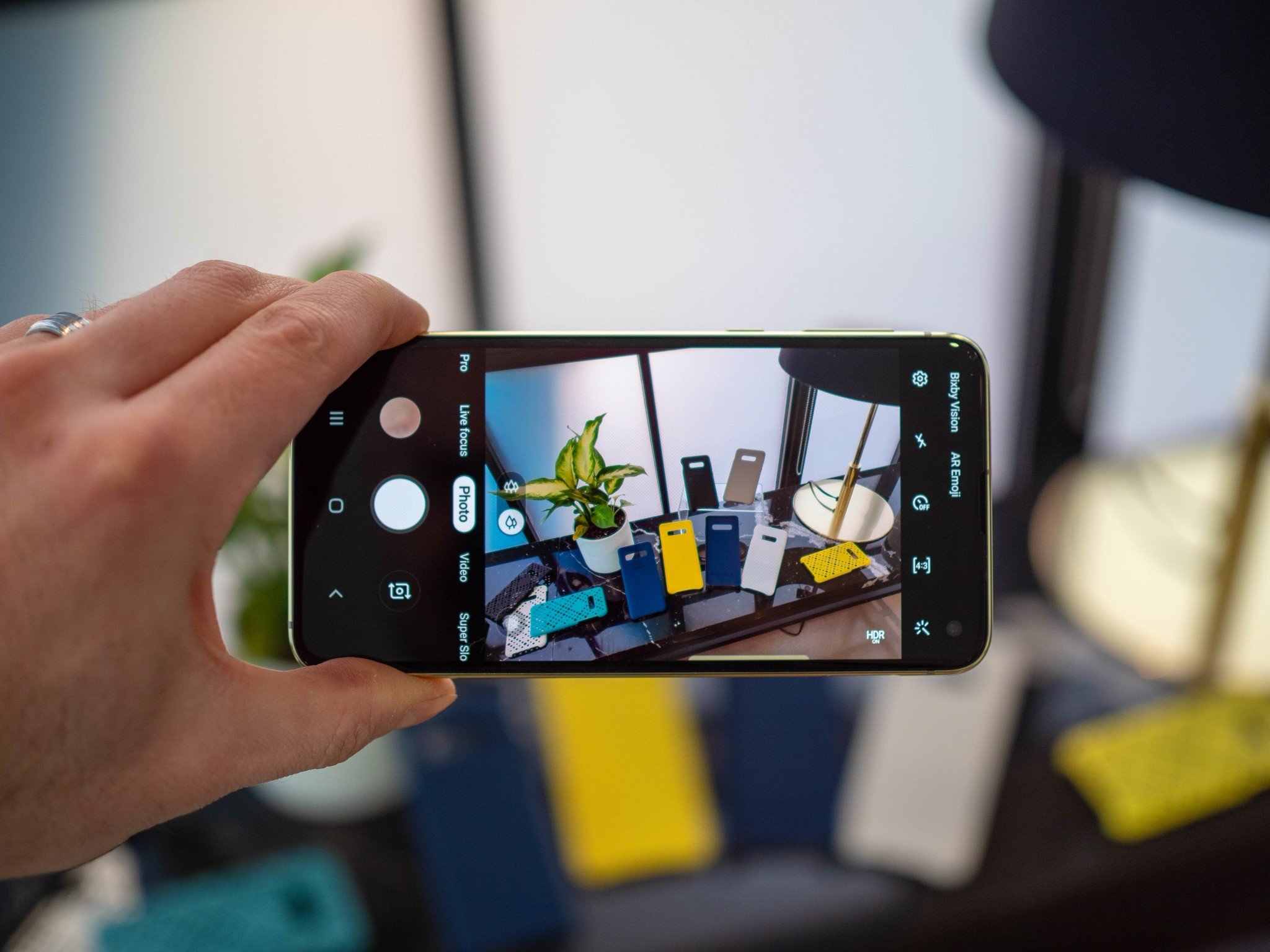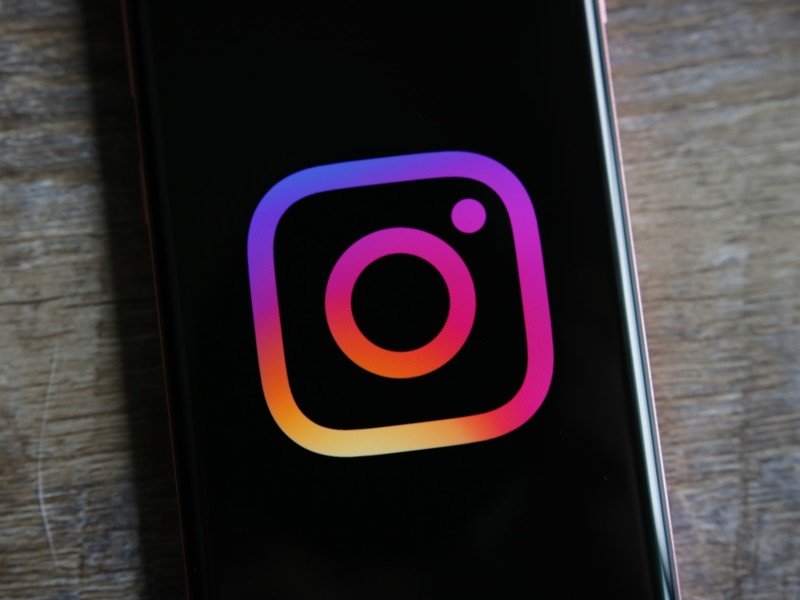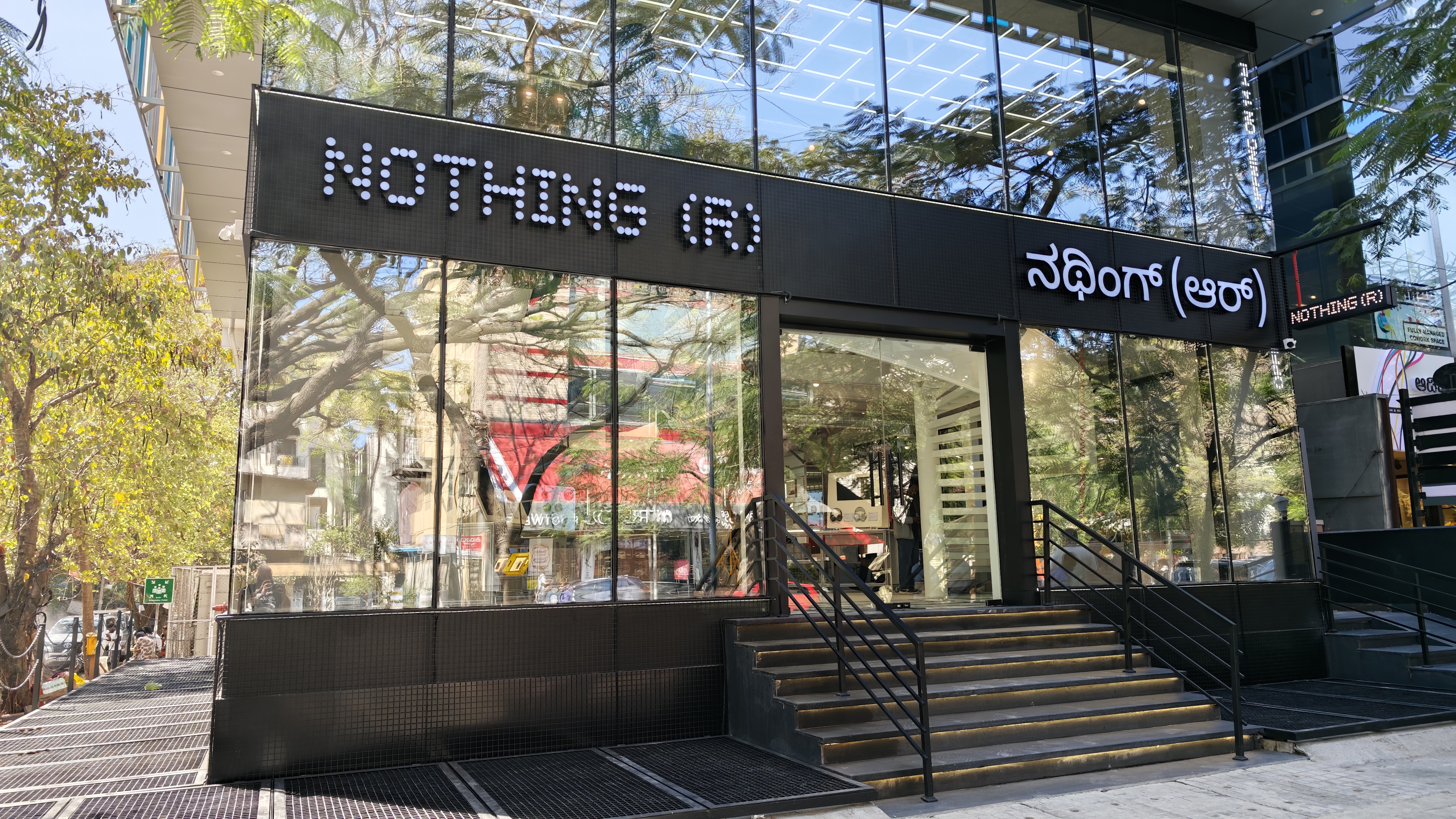No, Google isn't killing third-party camera apps in Android 11

Get the latest news from Android Central, your trusted companion in the world of Android
You are now subscribed
Your newsletter sign-up was successful
You might have read that Google is killing off third-party camera apps in Android 11, and if they were true you'd have the right to be very unhappy. Don't worry, though: it's not.
This all stems from a posting at Commonsware, a blog dedicated to Android development. There, it's explained that a behavior change in Android 11 takes away the standard camera picker when an app allows you to take a photo but doesn't provide its own camera widget. In Android 11, the default behavior will be to use the built-in camera app.
Some apps include their own camera widget and are unaffected.
This doesn't apply to every app. Something like Instagram uses its own camera widget and would be unaffected. It applies to apps that don't work like Instagram but where the developer still wants you to be able to take a photo without leaving the app. In previous versions of Android, you would see a dialog asking which camera you want to use. That was a system function like the same dialog you see when you choose a browser to view a web page.
Instead, app developers will now have to write code that explicitly allows a third-party app and then build in a way for you to choose which one you would like to use. If you want to use a camera app that isn't supported this way, you'll receive an error.
This is a change that directly affects developers.
The Commonsware posting goes on to explain how to "fix" this for Android 11 apps and how bad the user experience will be if developers don't do the extra work. That's another problem because we've seen time and time again that developers aren't quick to implement those solutions. It means users won't be able to use their favorite camera app without leaving another app to open it, take a photo, then importing it into the original app, which isn't an ideal workflow.
A bigger problem is that developers of third-party camera apps will have to petition other app developers to make sure their work is included. This could soon turn into a popularity contest based on the number of installs a camera app has.

Google confirmed with Android Central that the move was done to preserve user privacy and that if developers want to work with third-party camera apps, it's possible to do so without enabling them on an individual basis.
Get the latest news from Android Central, your trusted companion in the world of Android
Simply put, neither Google nor an app developer can be sure that the Google Camera port or Galaxy camera port you downloaded from a website is legit, and a malicious camera app could see millions of downloads before it's removed from Google Play. There is a lot of Android malware out there and while Google isn't responsible for writing or distributing it, it is responsible for Android's user privacy faults. The best thing Google can do is make the default behavior use the system camera application, which is known to be trustworthy.
This behavior change also has nothing to do with camera apps not being able to use all of the cameras your phone came with or why Twitter can't use the extra lenses inside of its own camera widget. The CameraX Jetpack Library is going to address these issues once completed and once phone makers decide to participate. This change only applies to the "default" camera, which is now the actual default instead of offering a picker overlay, which is often quite disruptive for people who don't understand how it works.
It's an ugly brute-force way of addressing a problem, but it works.
It's not a pretty or elegant solution but it's the best way for Google to help keep Android more privacy-focused. Nobody likes to see more work for developers, and nobody is going to like seeing app wonk when they want to use a specific camera app to do a specific thing. Commonsware is correct in saying that this is an ugly solution and we all can agree that even a well-intentioned change can be inconvenient.
In any case, your third-party camera is going to work just as well as it ever has once your phone sees Android 11.

Jerry is an amateur woodworker and struggling shade tree mechanic. There's nothing he can't take apart, but many things he can't reassemble. You'll find him writing and speaking his loud opinion on Android Central and occasionally on Threads.
